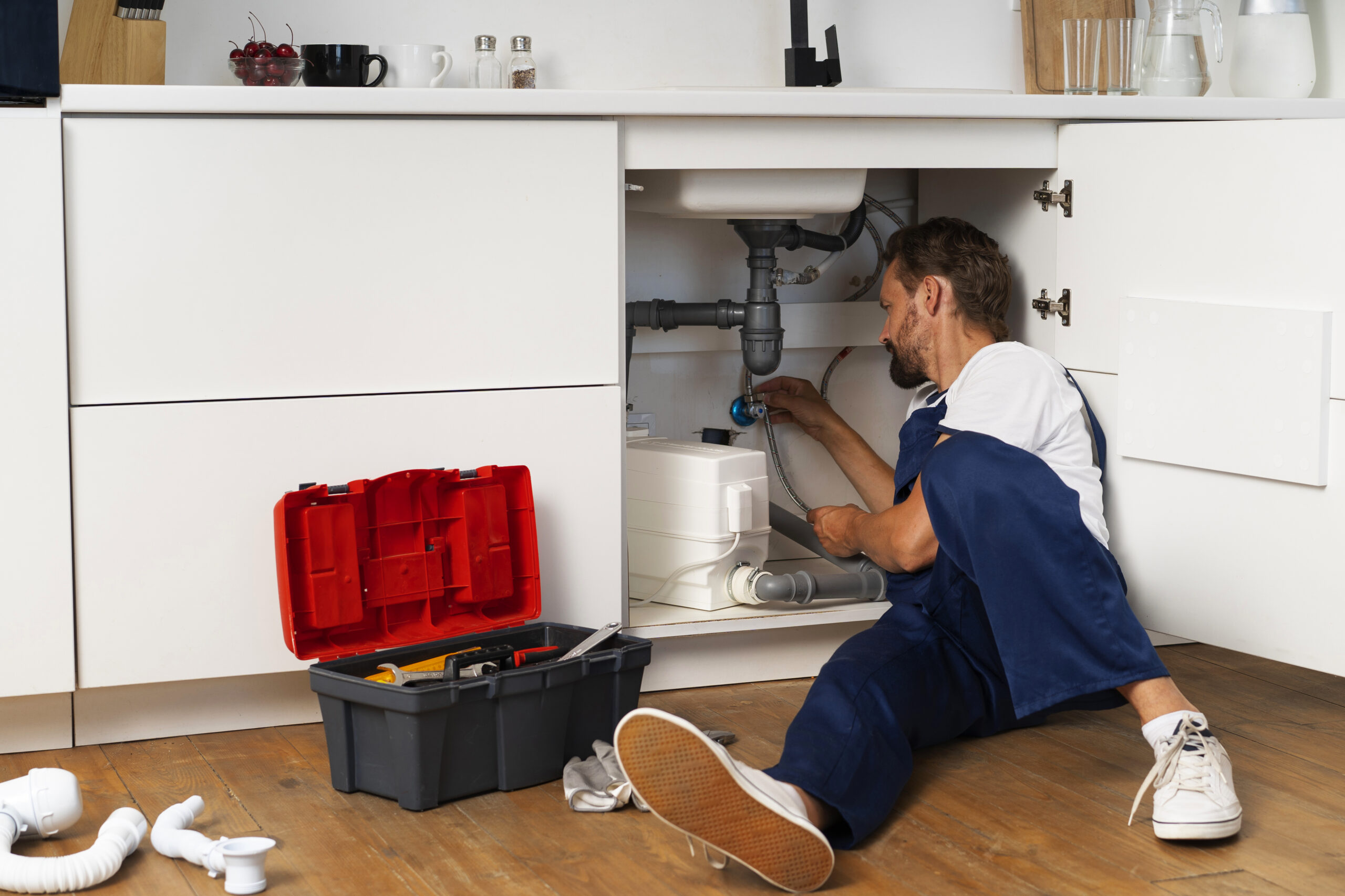Replacing the hoses on your washing machine and dishwasher is an important part of regular home maintenance to prevent leaks and water damage. Here are some guidelines:
Washing Machine Hoses
Replacement Frequency:
-
Every 3-5 Years: It is generally recommended to replace washing machine hoses every 3-5 years, even if they appear to be in good condition.
-
Immediately if Signs of Wear: If you notice any signs of wear, such as cracks, bulges, or leaks, replace the hoses immediately.
Types of Hoses:
-
Rubber Hoses: These are the most common and least expensive but are more prone to wear and tear.
-
Braided Stainless Steel Hoses: These are more durable and less likely to burst, making them a better long-term option.
Inspection:
-
Regular Inspection: Check the hoses every 6 months for any signs of wear or damage. Look for cracks, bulges, or leaks at the connections.
Dishwasher Hoses
Replacement Frequency:
-
Every 5-7 Years: Dishwasher hoses generally need to be replaced every 5-7 years.
-
Immediately if Signs of Wear: Replace the hoses immediately if you notice any signs of wear, such as cracks, bulges, or leaks.
Types of Hoses:
-
Rubber Hoses: These are common but can wear out over time.
-
Braided Stainless Steel Hoses: These are more durable and recommended for longer-lasting performance.
Inspection:
-
Regular Inspection: Inspect the hoses every 6 months. Check for cracks, kinks, bulges, or signs of leaks at the connections.
Additional Tips
-
Turn Off Water Supply: When inspecting or replacing hoses, always turn off the water supply to the appliance.
-
Use Hose Screens: Installing hose screens can help prevent debris from entering the hoses and causing blockages or damage.
-
Ensure Proper Installation: Make sure the hoses are installed properly and securely to prevent leaks.
-
Consider Automatic Shutoff Hoses: These hoses can automatically shut off the water supply if a leak is detected, providing extra protection against water damage.
Regular maintenance and timely replacement of washing machine and dishwasher hoses can help prevent leaks and potential water damage in your home.


